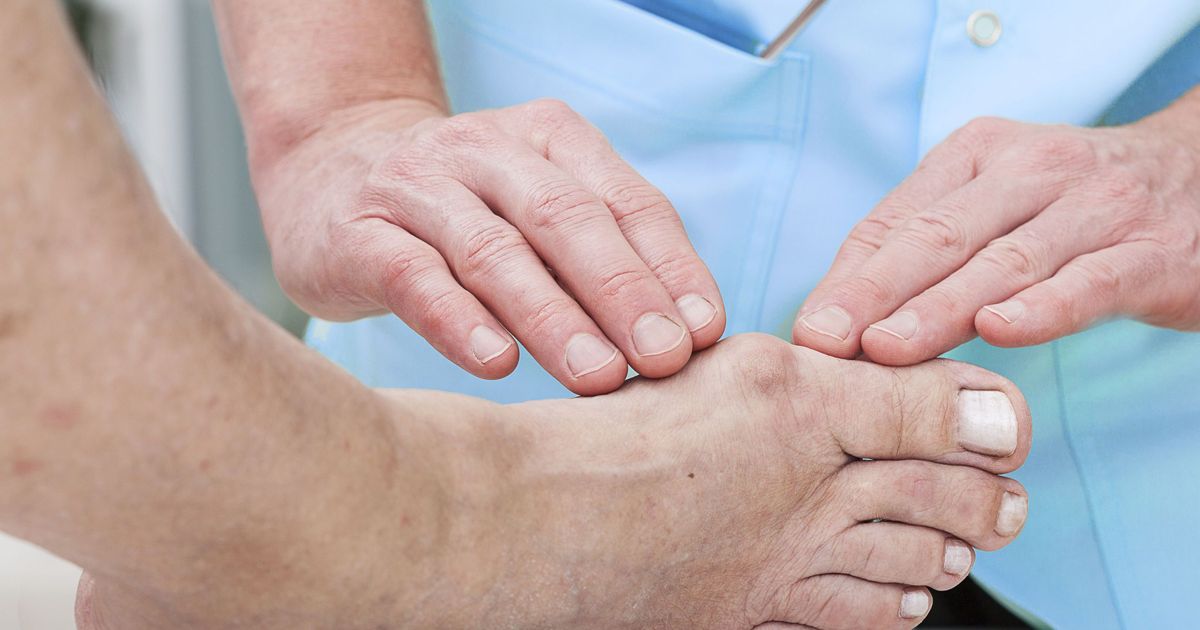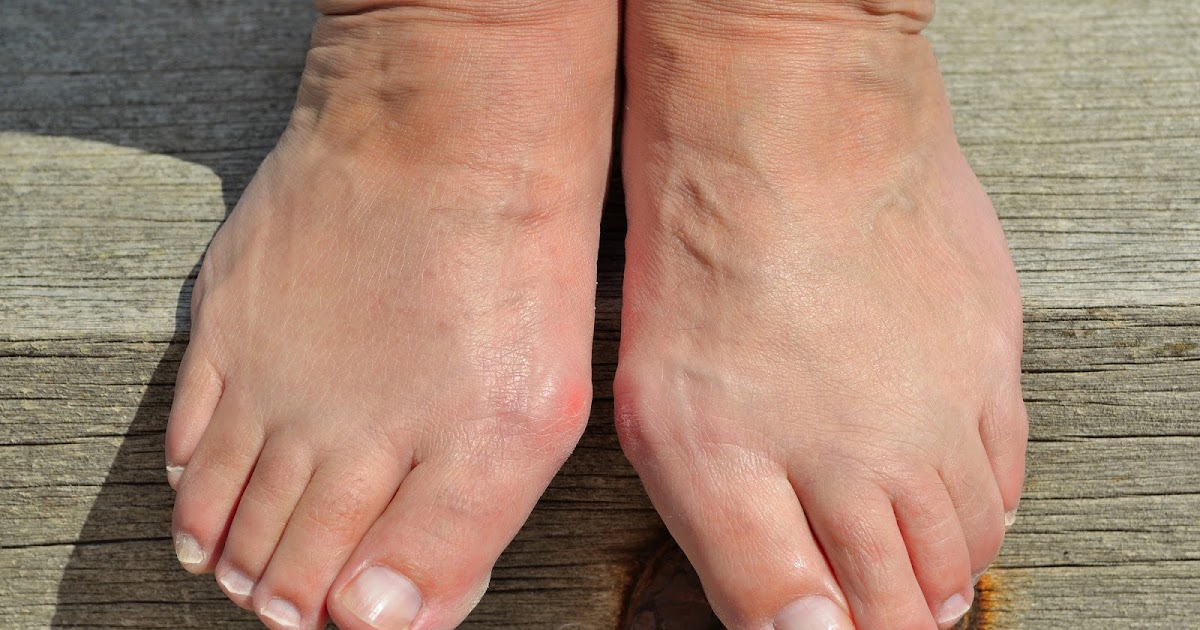Signs And Symptoms Of Bunions
Bunions are a type of bony bump formed at the base of an individual's big toe, and they occur when the big toe is pushed against the second toe, which forces the big toe's joint to become larger, and then it sticks out. A patient's skin might become sore and red where the bunion is. There are quite a few potential causes of bunions, and one of the most common is wearing narrow shoes. If an individual has a structural defect in their skeleton, it might also cause bunions.
Medical conditions like arthritis might also cause bunions. It's possible to develop bunionettes on the little toe as well. There are a number of different signs someone may have bunions, and unless they receive a surgical correction, a bunion is a permanent medical condition. It's possible to develop complications like bursitis, hammertoe, or metatarsalgia.
A Bulging Bump

One of the most common symptoms of a bunion is a bulging bump by the big toe. Many individuals can become concerned about these, worried they're a sign of cancer or some other condition. For the most part, though, bunions are harmless. However, patients should see a medical professional just to be sure. A general practitioner can decide whether there's cause for concern, and they may refer patients to a specialist.
Podiatrists are doctors who treat the feet, and orthopedic foot specialists are experts in the skeletal structure of the foot. It's important for patients to see a doctor if they have a bump on their big or little toe. Doctors will typically suggest ways to help with the bunion. If it's causing severe foot pain, they may recommend a surgical correction, but this isn't often necessary.
Swelling And Redness

Another common sign of bunions is swelling and redness around the big toe. If patients have a bunionette, this swelling will be concentrated around the little toe. Patients might notice these symptoms if they have been wearing ill-fitting shoes or restrictive high heels. Ill-fitting shoes can cause quite a few problems with the foot. If the shoes are too small or narrow, they can cause multiple toe issues including bunions.
Another risk factor is rheumatoid arthritis, which is an inflammatory condition that may make patients more susceptible to abnormalities of the skeletal structure. Patients might notice swelling before a bunion fully develops, which is often a sign they need to get better-fitting shoes. If patients need advice on the best shoes to buy, they should talk to their primary doctor or a foot specialist.
